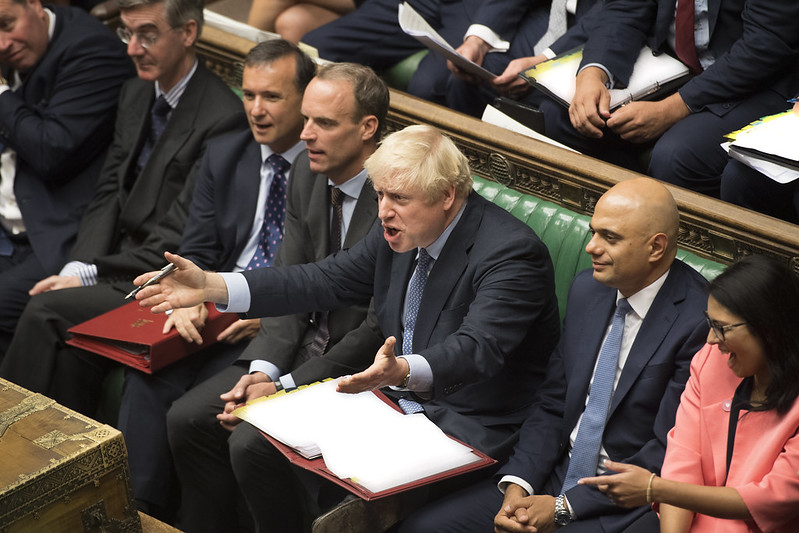 The government has convened an industry working group to examine how to block websites. Peter Bradwell considers the possible options
The government has convened an industry working group to examine how to block websites. Peter Bradwell considers the possible options
Ed Vaizey, the UK Minister currently looking at the coalition government’s internet policy, last week confirmed that he is discussing a voluntary website blocking scheme with internet service providers and representatives from the creative industries. According to the Telegraph, a “Working Group” convened yesterday to look at the idea of a “central blacklist” of sites accused of copyright infringement.
The Digital Economy Act, currently undergoing Judicial Review, contained provisions for website blocking in the currently dormant sections 17 and 18. We only have Ed Vaizey’s letter and media reports to go on when considering the new plans. But it appears that in proposing a self-regulatory scheme, the government is taking that bad policy and making it worse.
Lots of people think site blocking, especially in the form now proposed, is a very bad idea. The scheme has been labelled the Great Firewall of Britain and Hadrian’s Firewall on Twitter. Nearly 2,000 people have already written to their MPs about it.
At Open Rights Group we’ve been focusing on two of the many reasons why so many people are concerned. First, it puts decisions about what we are allowed to see in the hands of businesses. In a “self-regulatory” scheme proper democratic accountability and judicial oversight are bypassed.
Second, in practical terms it manages to be both pointless and dangerous. “Web blocking” is superficially attractive. And it is only superficially effective. If the aim is to stop people downloading things they have not paid for, or to improve artists incomes, or to stop sites selling other people’s music, it won’t work. But it will lead to mistakes that see legitimate traffic disrupted. The simple calculation of: “bad thing happening + web blocking = no bad thing happening” falls down at every stage.
Who should judge which sites require blocking? On what grounds? With what democratic and judicial oversight? ISPs and rights-holders can’t answer these questions on their own. Ed Vaizey has at least promised us that “consumer representative groups” would be “involved”. But as things stand, discussions without any such voices continue.
Furthermore, practically it is not easy to ensure only the “right” traffic is blocked, and it is likely that the wrong sites will accidentally be put on the — inevitably secret — block list. In Australia, a dentist and a kennel were apparently placed on a planned list aimed at blocking child abuse images.
Blocking is also easy to circumvent. The people doing anything seriously wrong — for example people selling content they don’t own the rights to — will take about four seconds to find ways to swat away blocking measures and reach their “market”. Users will still easily find what they want.
Experts including the University of Cambridge security researcher Richard Clayton, EuroISPA, and Dutch and French ISPs have all expressed serious doubts about the effectiveness of blocking. As has Culture Secretary Jeremy Hunt — he recently asked Ofcom to review whether it is workable.
There’s a further reason to be concerned. The last few months have seen compelling debates about the role of technology in facilitating either “people power” or repression of the people. Setting up a self-regulatory blocking scheme in the UK not only creates the mechanisms for unaccountable censorship in the UK, it significantly weakens our ability to complain in good faith about other governments’ censorship.
At best, blocking is a cosmetic measure that allows policy makers to pretend they are doing something proactive whilst bringing no returns for artists and the creative industries. At worst, it is actively dangerous in creating an infrastructure of unaccountable censorship.
You can help by writing to your MP now.
Peter Bradwell is a campaigner at the Open Rights Group




